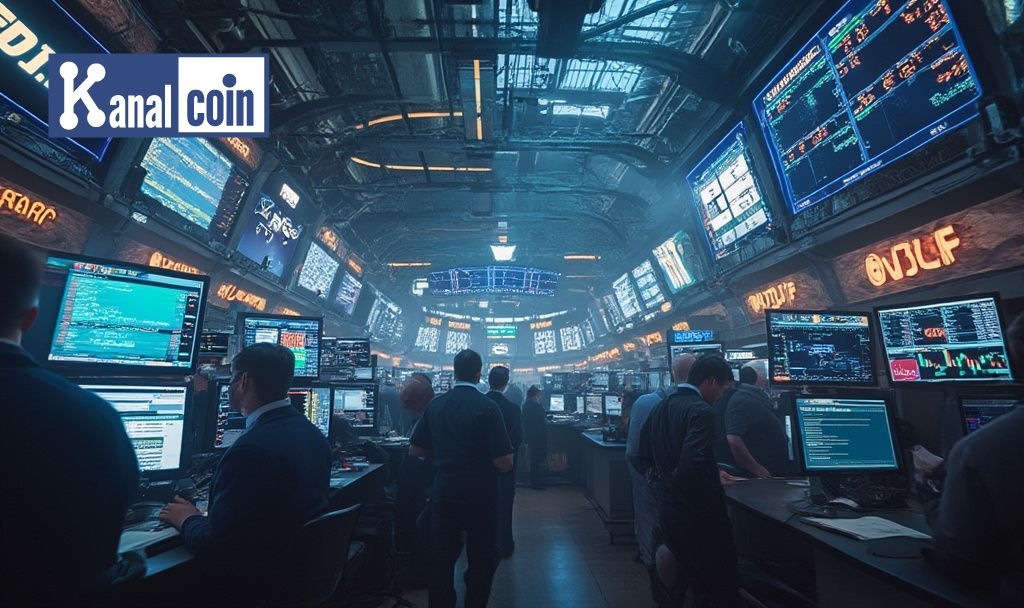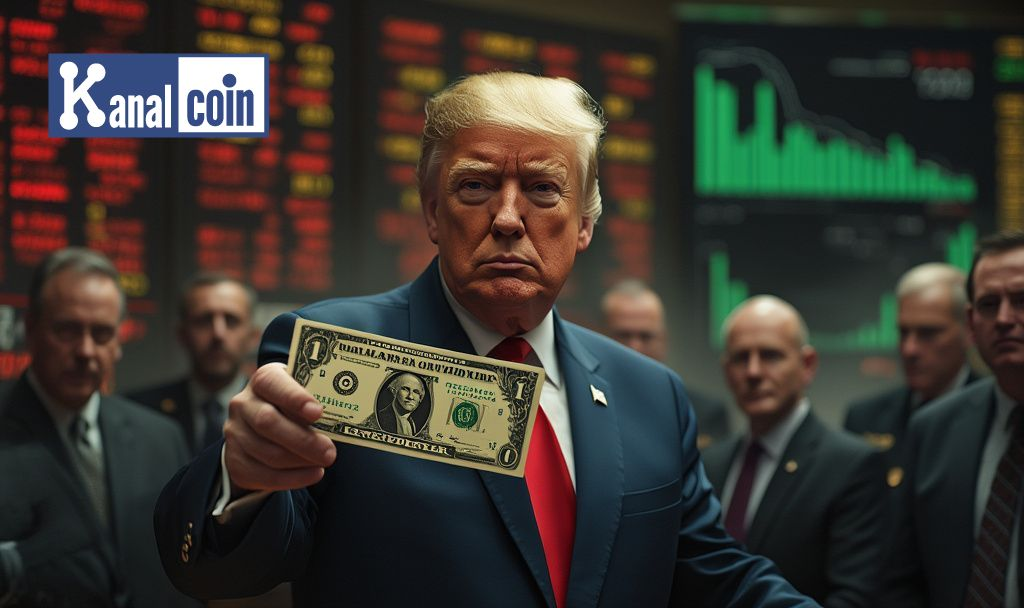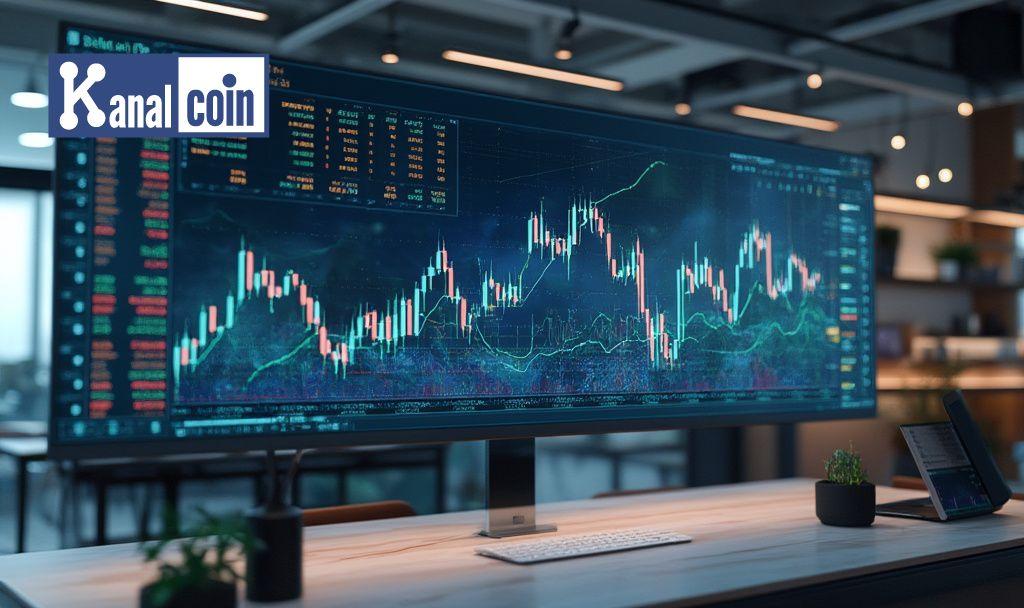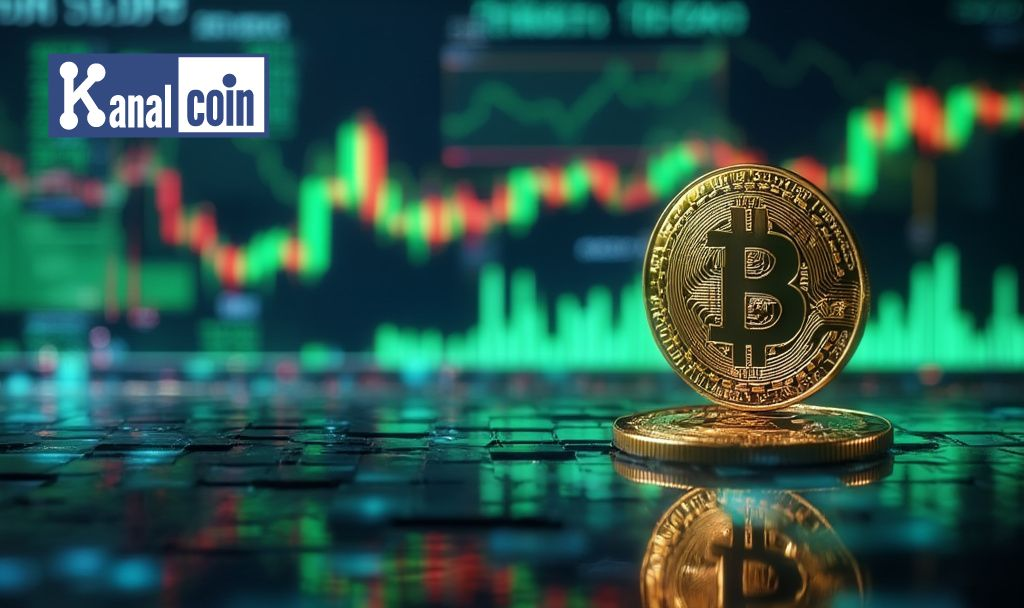
Lip-Bu Tan, newly appointed CEO of Intel, oversees the tech giant’s first-quarter 2025 earnings, impacted by heavy stockpiling ahead of upcoming Trump administration tariffs on U.S. imports.
The temporary surge in demand for Intel products could lead to a subsequent downturn as inventory levels normalize, posing challenges for the company and creating volatility for investors.
Intel Earnings Spike Due to Pre-Tariff Stockpiling
Intel’s Q1 2025 earnings report came amid significant stockpiling of chips by customers anticipating Trump-imposed tariffs. This artificial demand provided a temporary boost to the revenue figures.
New CEO Lip-Bu Tan is navigating these unprecedented conditions. His semiconductor expertise is seen as crucial in guiding Intel through these strategic challenges.
Future Uncertainty Looms Over Intel’s Revenue
The temporary demand increase has not translated into sustainable growth, as future quarters may suffer from inventory drawdowns. This situation brings uncertainty to Intel’s financial outlook.
Experts warn of potential revenue dips in coming quarters. Susquehanna’s Chris Rolland notes the inflated Q1 numbers likely followed by a demand vacuum. This underscores the volatility facing tech investors.
Stockpiling Cycles Echo Historical Trade Tensions
Past events, such as pre-tariff stockpiling cycles, have shown similar patterns of temporary boosts followed by downturns, posing ongoing challenges for manufacturers like Intel. Pat Gelsinger, Former CEO, Intel, stated, “I continue to believe all these pieces are super important…this is critical for the industry and the nation to pull off their turnaround.”
Experts from Kanalcoin highlight that previous trade tensions, while affecting risk markets, did not severely impact cryptocurrencies. This suggests the current situation may parallel these historical trends.
| Disclaimer: This website provides information only and is not financial advice. Cryptocurrency investments are risky. We do not guarantee accuracy and are not liable for losses. Conduct your own research before investing. |






